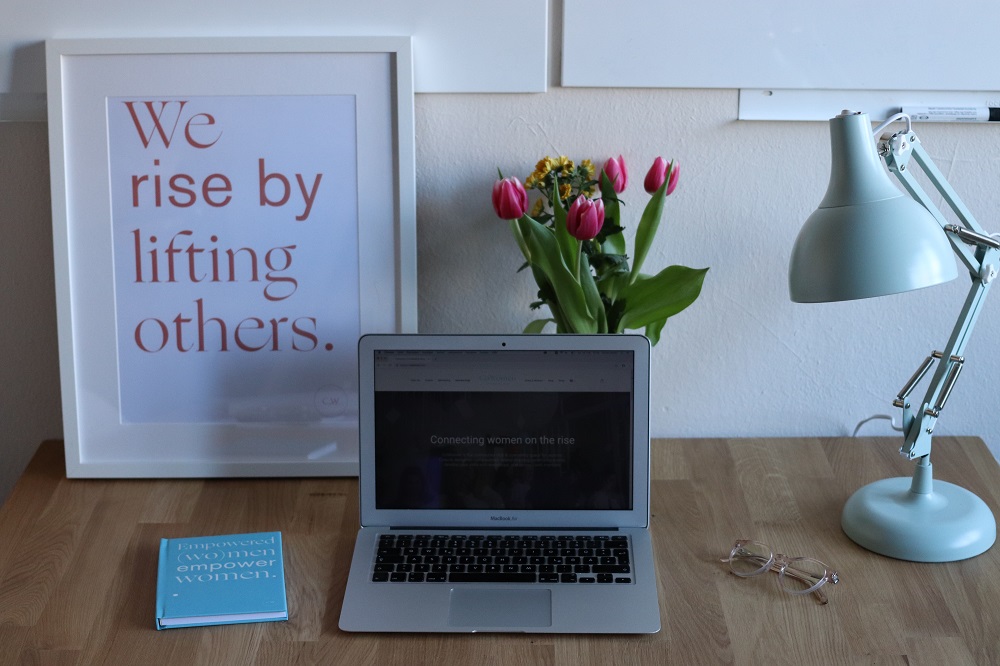Luke Williams is a part-time lecturer in Creative Writing, member of the Compass Project Steering Committee and mentor. In this blog, he speaks to Natasha Soobramanien about his involvement in the project.
I’ve been involved in the Compass Project since it began in 2016. Right from the start we realised that if we wanted to offer scholarships to people from forced migrant backgrounds, we also needed to make sure those students received the support they might need to thrive at Birkbeck. Each student on the Compass Project has a mentor, an academic at Birkbeck who elects to support them through their studies.
Compass Project students face particular challenges in relation to British institutions: government policy is designed to create a hostile institutional environment for migrants, and educational institutions are no exception to this. But the university is also a place to gain and share knowledge, and to form friendships with others. Our job as mentors is to give Compass Project students practical and moral support so that they remain able to focus on the positive and rewarding aspects of student life, and the opportunities Birkbeck offers.
The mentoring role is a little like a personal tutor, but involves a lot more contact and communication, and flexibility. On average I speak to my mentee around three to four times a month. It could be a simple check-in, or a response to a request, like support with an essay, or help liaising with other departments or services. I’ve helped out with finding a laptop and looking for a place to live. In the current pandemic, this kind of contact is particularly necessary for students who might already feel quite isolated. I’d say this role has been the most challenging and rewarding aspect of my involvement in the Compass Project.
Before the Compass Project, I’d volunteered for several years at Akwaaba, a Hackney-based social centre for migrants, so I had some awareness of the stressful logistical, bureaucratic and emotional complexities faced by migrants. Getting involved with the Compass Project allowed me to find a way to align the advocacy, creative work, and activism I was involved in at Akwaaba, with my day job at Birkbeck.
Through my role as a mentor I have met some amazing people. I’ve enjoyed our conversations, and learned a lot. Everyone at Birkbeck knows that universities are in a precarious position right now, and that our roles as academics are increasingly co-opted by the marketisation of education. Getting involved in the Compass Project feels like a gesture of resistance against this deliberate erosion of what is truly valuable in the university, which is to say study – and the freedom to do this with others.

